Almost four years ago now I was encouraged and motivated to begin to write scripts for a short series that came to be known as Ecological Instant. You may notice that my user name is @ecoinstant. I took the time and delicately crafted a series of short shows that would introduce generally urban and suburban western audiences to some of the basic ideas of ecology, and why it is so important to take care of our living systems.
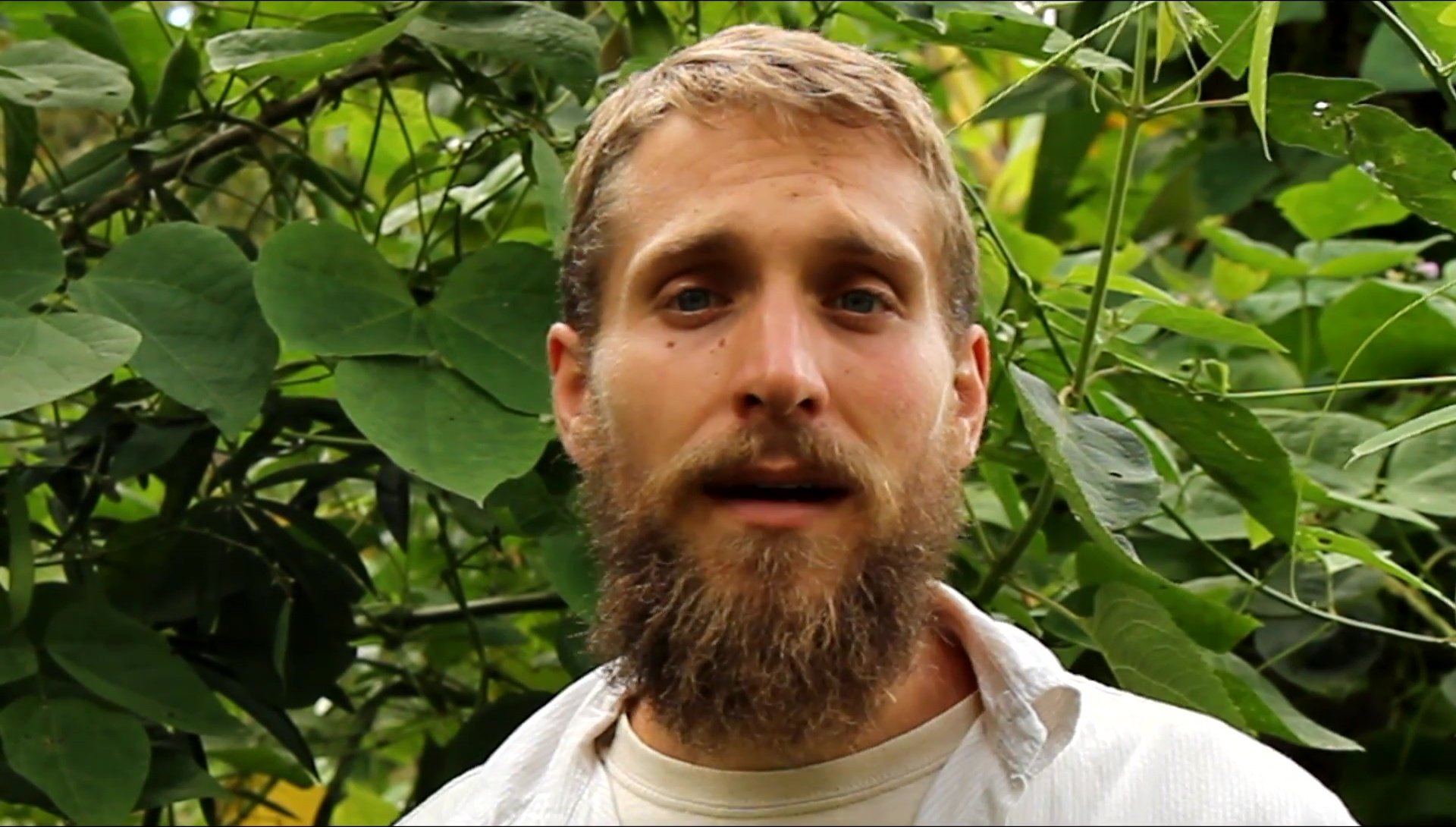
It was a great idea, one of the favorite ideas that I have ever had. I proceeded to make every mistake possible (I may have lifted that line from @jerrybanfield) and learned a lot along the way. I would like to take you through a few steps so maybe you can learn from my process! Let’s review several methods that I used to complicate post production on my very special miniseries.
Step 1 - Film it simultaneously with larger programs.
I hosted two episodes of Friday Night Weekly, a weekly YouTube program that ended with a complete arc at 41 episodes. I was involved in several cameo appearance throughout the show and it was in this particular episode that I got my first imdb credit as fight choreographer.
Throughout the FNW project, from which I have great memories and even better youtube clips, I began to learn the basics of making entertainment. But I wanted to make edutainment, or even strict educational content that was also fun, humorous and light hearted. So we tried to fit the filming of Ecological Instant within the filming of these larger episodes, as well as filming a third mystery show that hopefully will be released later this year.
Step 2 - Leave the hardest scenes for last and then run out of time.
The more you do something the more you learn about it. And with your very first video series a lot of times it seems like you are learning on the fly. The very nature of the task at hand, in this case explaining ecology and ecology-mindedness, means that the first episodes will be simple and will gradually build one on top of the next.
And if you decide, too, to film them in ‘episode-order’, you are, quite naturally and without thought, leaving the hardest and most complicated work for last. Since we are gaining experience on the ground, we will also be more prepared to do the task, that is if time doesn’t run out.
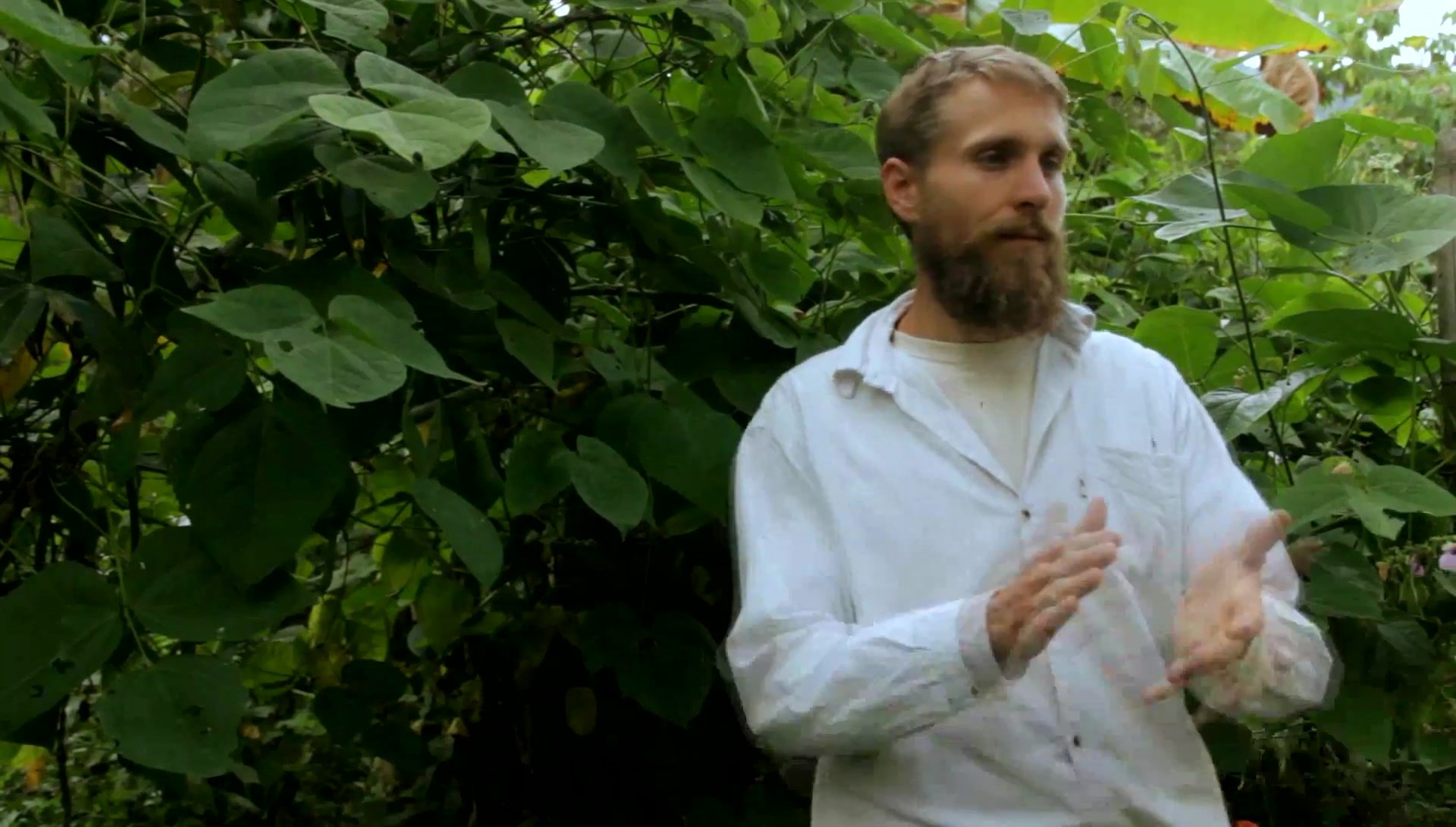
Time pressures complicate many projects, learn as much as you can as soon as you can about how to effectively schedule for your project.
Step 3 - Forget to turn on or test the directional microphone in key scenes.
Audio is a key competent to audio-visual materials like a miniseries. If the quality of audio goes too low, even 4k video starts to look low-def and the whole experience can become unsatisfying.
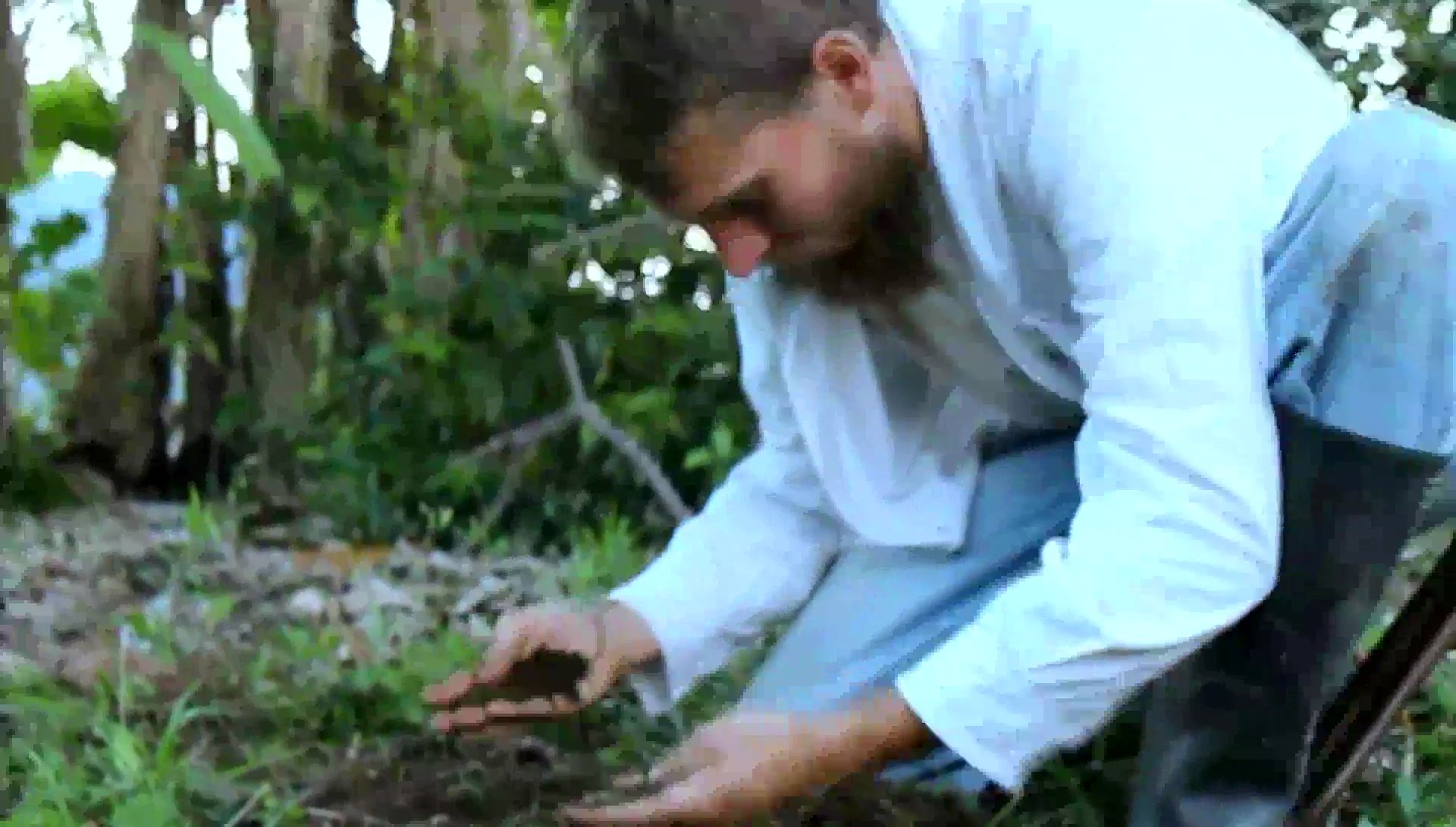
Always test and check microphones! Review audio components as well as video quality before moving on.
Audio is absolutely recoverable and reconstruct-able and finally re-recordable in post-production, but it’s a whole lot of work. Re-recording questionable audio is usually a good idea, generally as soon as possible, just to make sure that there are more options to work with.
Luckily we were able to rerecord the audio for the entire series on our last night together. Less lucky was us tucked into a hidden storage closet in a noisy hostel in a noisy neighborhood in Bogotá.
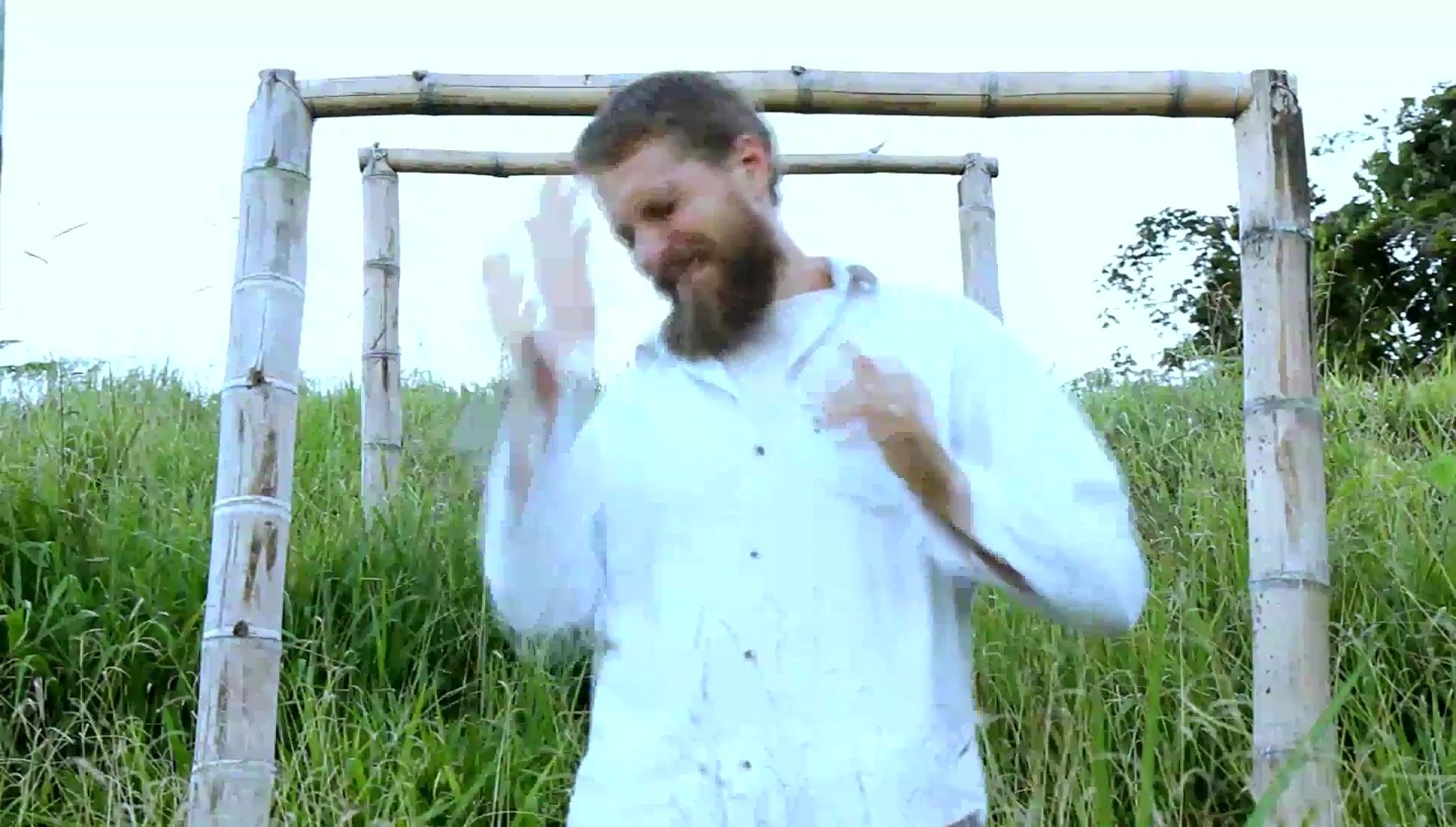
Step 4 - Send all the footage, unorganized, to another continent.
This was my biggest mistake by far. As the creator of this small project, I should have organized all of the footage before letting any editor take a crack at it. When you have mixed audio and video files across 25 different SD cards, only someone with a deep connection to the project can wade through the mess.
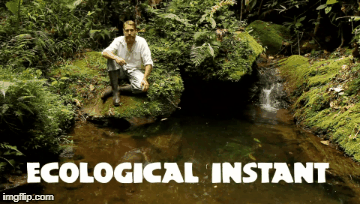
Tips to get it back on track
1 - Go get the footage
Take the footage! Get a whole new hard drive and get those cherished files! Fly to another hemisphere if necessary, no one else can organize those files except someone who has not lost the dream. Get a copy and treasure them, even keeping them near you at all times.
2 - Watch, listen and organize all footage
This is important, watch the footage, get to know it. Now remember what it was like and all the challenges that have already been overcome in order to create that footage.
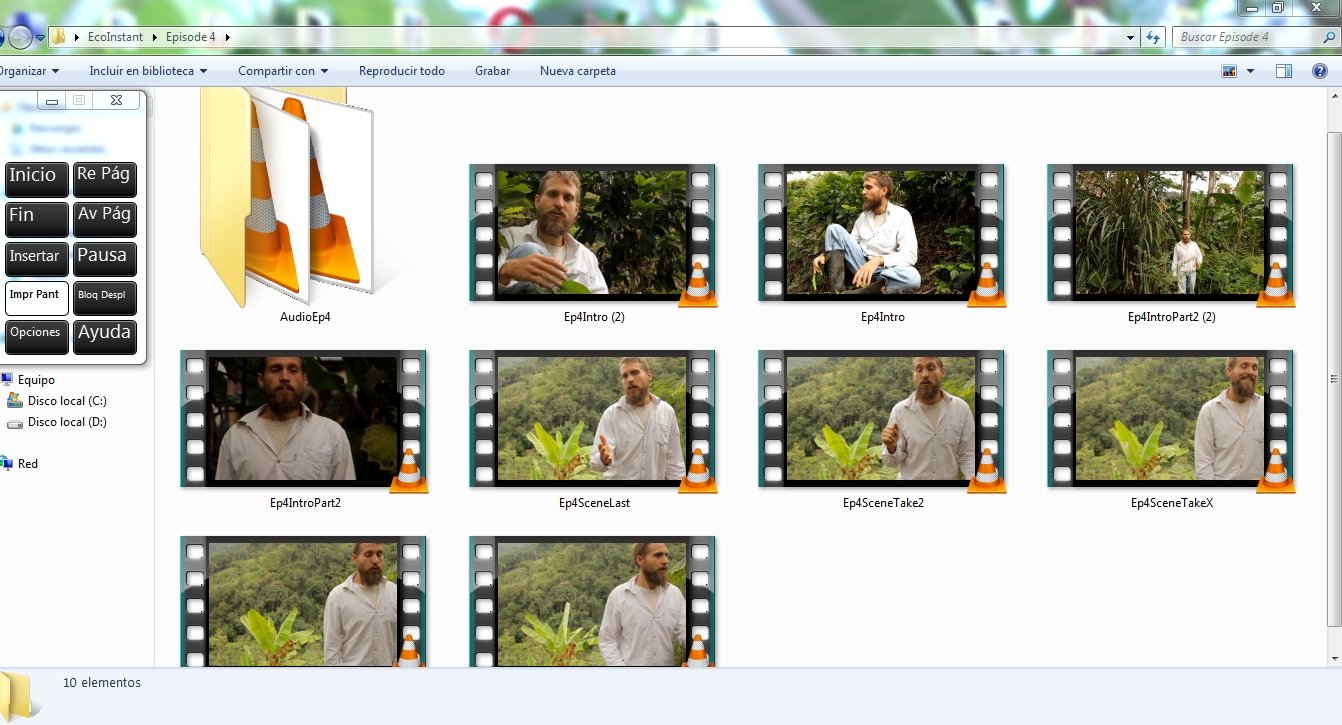
Have fun with it, even start editing it to the best of your ability, but definitely stop before your old laptop starts to melt.
3 - Re-record necessary audio
You may need to bite the bullet here and re-re-record some or all of the audio. I know that it can seem like a lot of work, and it is, but keep your eye on the prize!
It may help to attempt to build your own underground sound studio, but that may also distract you from the project for years.
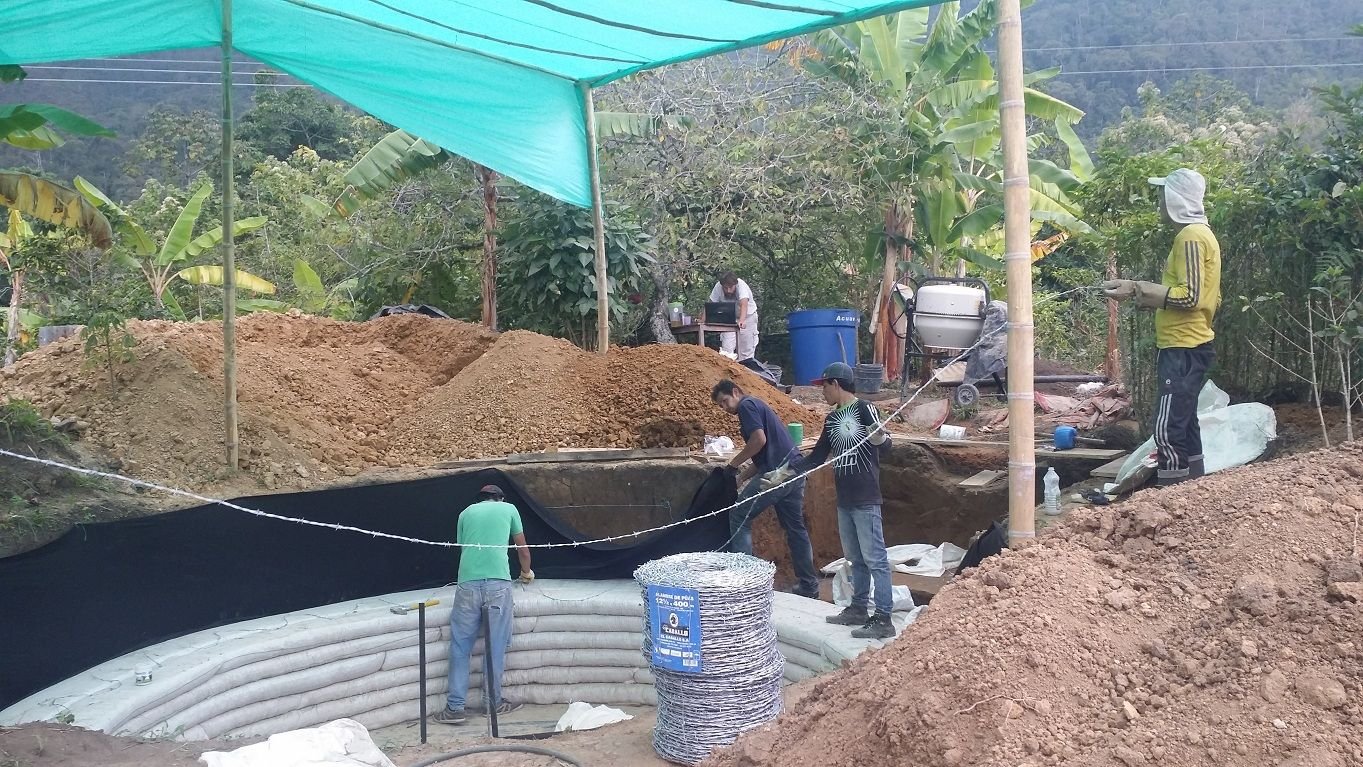
4 - Slowly pay people to help you finish the project bit by bit
Video editing can be a slow and arduous process, plus it requires specialized high-quality computer equipment to view and manipulate the files, then render them into a singular playable file.
Getting help is important, and valuing that help is essential. Break the work into chunks and start outsourcing.
That is pretty much my story, and the lessons I have learned from it. As they say, there is nowhere to go but up. And in fact, I’d like to end with a little bit of up for all of you, and for me.
Without further ado and completely unexpectedly: The first episode of the lost series, Ecological Instant!



